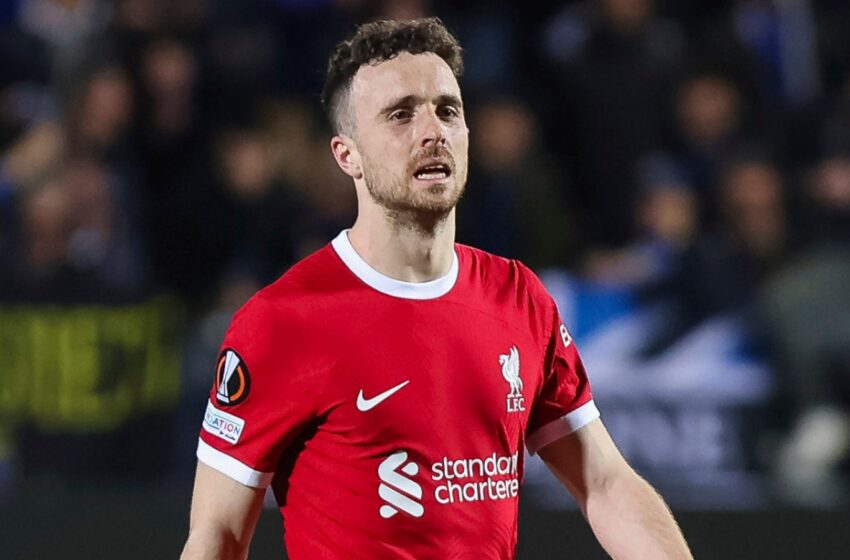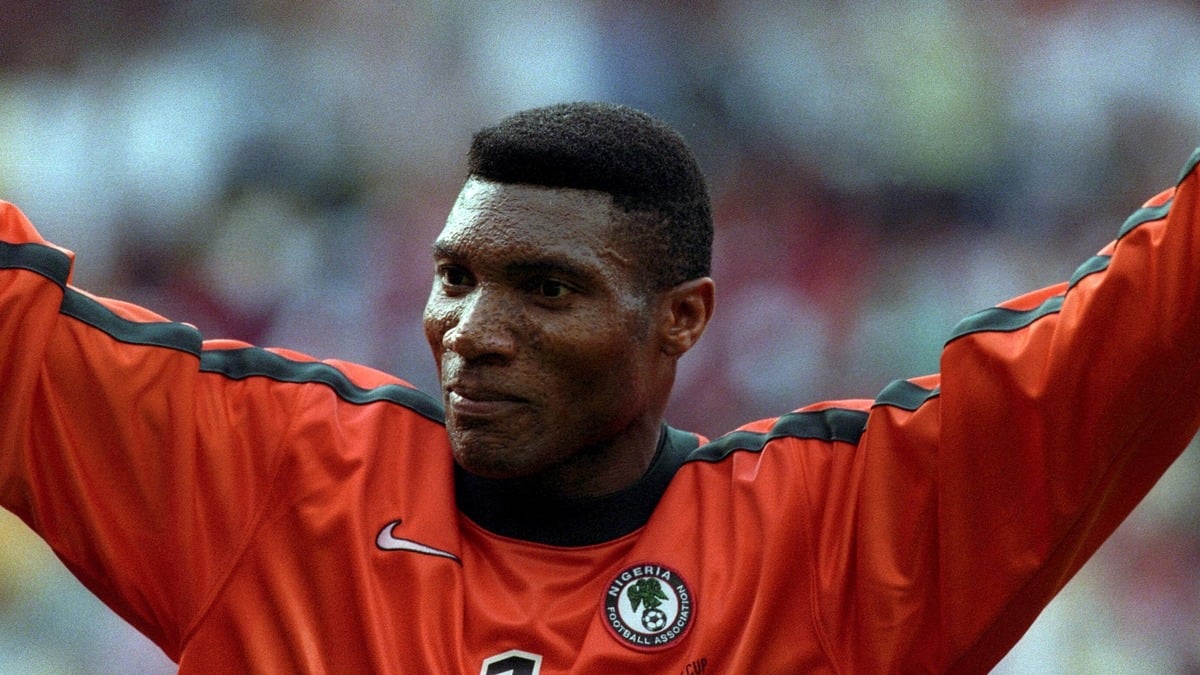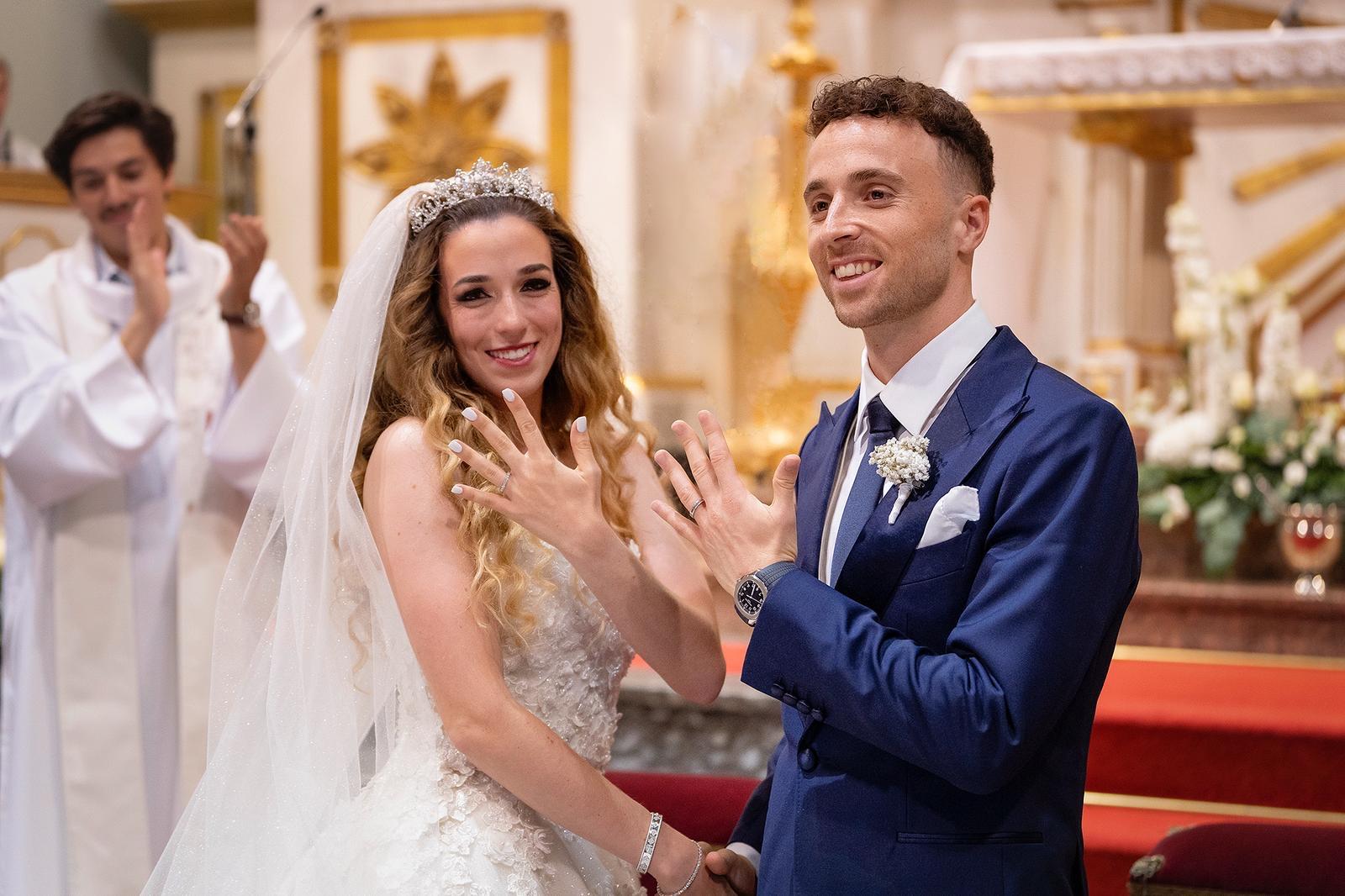A double tragedy: How the football world lost Peter Rufai and Diogo Jota on the same day

Peter Rufai and Diogo Jota die same day
The football world stood still on July 3, 2025, when news broke that two beloved stars from different generations—Nigeria’s legendary goalkeeper Peter Rufai and Portugal’s prolific forward Diogo Jota—had both passed away. What began as an ordinary day quickly spiraled into a global wave of shock and sorrow. One died after a long illness; the other in a tragic car crash. Their deaths—though separate in circumstance—united fans in mourning and reflection.
Peter Rufai Death: Nigeria’s “Dodo Mayana” Passes Away After Long Illness
Peter Rufai, fondly known as “Dodo Mayana,” died at the age of 61 after battling an undisclosed illness. The Nigerian Football Federation confirmed his passing, describing him as a “colossus in African football.” Rufai was more than a goalkeeper—he was a national hero who brought calm to Nigeria’s defence during its golden years.
He earned over 60 caps for the Super Eagles, captained the national team, and was instrumental in Nigeria’s 1994 Africa Cup of Nations victory. He also represented the country at two FIFA World Cups (1994 and 1998). His reflexes, leadership, and calm presence made him one of the most respected figures in African football history.
After retirement, Rufai devoted himself to mentoring young players through the Dodo Mayana Soccerthon and various grassroots programmes. His death leaves a vacuum in both Nigeria’s sporting legacy and in the hearts of the many young talents he nurtured.

Diogo Jota Car Crash: Portuguese Striker and Liverpool Star Dies in Fiery Accident
On the same day, Diogo Jota, aged just 28, died in a fatal car crash in Spain alongside his younger brother, André Silva. The vehicle reportedly suffered a tyre blowout on the A-52 motorway near Ourense, Galicia, before bursting into flames. Emergency services confirmed both occupants were already dead when help arrived.
Jota was a key figure for Liverpool FC, where he dazzled fans with his clinical finishing, speed, and work rate. His recent performances had sparked hopes of a continued bright future, both for his club and the Portuguese national team. Just days before the accident, he was seen celebrating his brother’s birthday on social media—making the tragedy even more haunting.
Clubs around the world, including Liverpool, Wolverhampton, and FC Porto, all paid tribute. Teammates like Mohamed Salah, Trent Alexander-Arnold, and Cristiano Ronaldo expressed heartbreak, calling him a “brother, teammate, and inspiration.”
Football Fans Mourn Peter Rufai and Diogo Jota in Global Outpouring of Grief
The dual loss sent shockwaves across the football community. Social media was flooded with tribute posts, videos, and photos celebrating the lives of both men. Anfield became a shrine for Jota, while tributes to Rufai poured in from Lagos, Abuja, and beyond.
In a rare moment of unity, fans of rival clubs put aside allegiances to honour their memories. UEFA and CAF ordered moments of silence before matches that weekend. Even casual fans couldn’t ignore the weight of losing such symbolic figures—one a living legend of African football, the other a rising star of European football.
READ ALSO
Why Peter Rufai was called “Dodo Mayana”: The story behind Nigeria’s legendary goalkeeper nickname
Peter Rufai dies at 61 — What you need to know about Ex-Eagles goalkeeper
Peter Rufai Legacy: Super Eagles Icon Who Inspired Generations
Rufai’s legacy extends far beyond the penalty box. As the first Nigerian goalkeeper to play in La Liga, he broke barriers for African players abroad. His leadership during the 1994 golden era elevated Nigeria’s international football reputation. Yet his impact off the field may be even greater.
He launched coaching academies, mentored youth, and promoted estate planning through legal awareness—having once declined his traditional royal duties to focus on football and education. The nickname “Dodo Mayana,” given to him after an exceptional training tour in Portugal, became symbolic of his humility, skill, and cultural bridge-building.
Rufai was proof that football can transform lives—not just for those who play it, but for entire communities.
Diogo Jota Legacy: From Porto Streets to Premier League Glory
Diogo Jota’s rise was meteoric. From the streets of Porto to the Premier League spotlight, he overcame odds and injuries to become one of Europe’s most lethal forwards. At Liverpool, he scored decisive goals in Champions League and league matches, often stepping up when the team needed him most.
Off the field, Jota was known for his quiet charisma and deep family values. He recently married and had spoken publicly about wanting to open a football school in his hometown. His untimely death cut short not just a career, but a life filled with promise.

His brother André, who died alongside him, was reportedly preparing for a youth coaching role. Their joint loss is a devastating blow to both their family and the world of football development in Portugal.
A Shared Date, A Shared Legacy: July 3rd in Football Memory
Though Rufai and Jota never shared a pitch, their deaths on July 3, 2025, will forever link them in football history. Two continents—Africa and Europe—mourned together, reminding us that the love for football knows no boundaries.
Football’s emotional fabric is woven not just from trophies and goals, but from the humanity of the players who wear the jersey. July 3 may become a day of annual remembrance, not just for their deaths, but for what they stood for: resilience, brilliance, and brotherhood.
What the Deaths of Peter Rufai and Diogo Jota Mean for Football
In losing Peter Rufai and Diogo Jota, the world didn’t just lose athletes—it lost mentors, icons, and souls who touched countless lives. One helped put African goalkeeping on the global map; the other was scripting the future of European football.
They leave behind not just trophies, but legacies of inspiration. Football fans will remember their faces, their saves, their goals—but more than anything, they’ll remember how these men made them feel.
July 3, 2025, will be remembered not just as a day of mourning—but as a day when the football world stood still, together.

